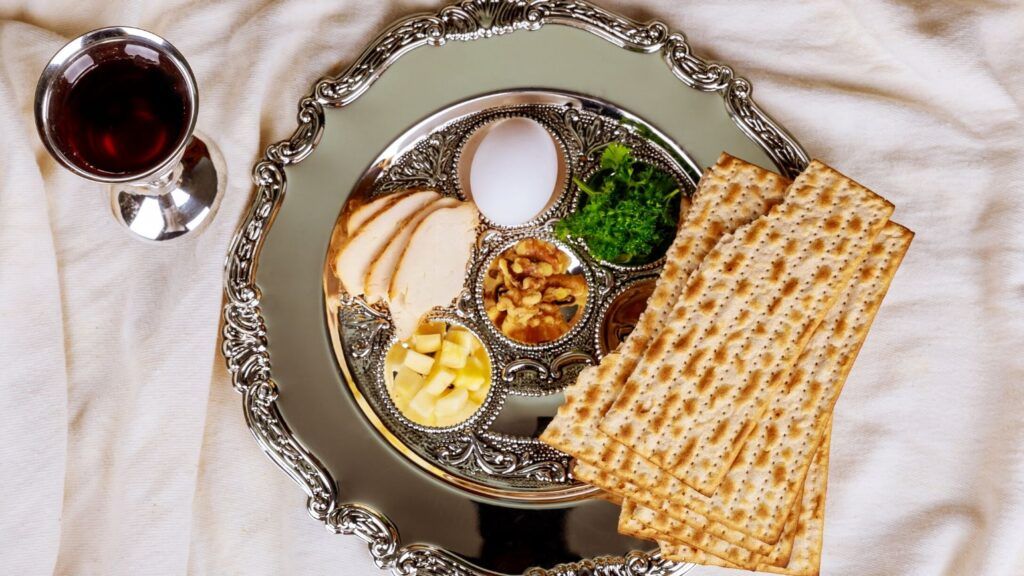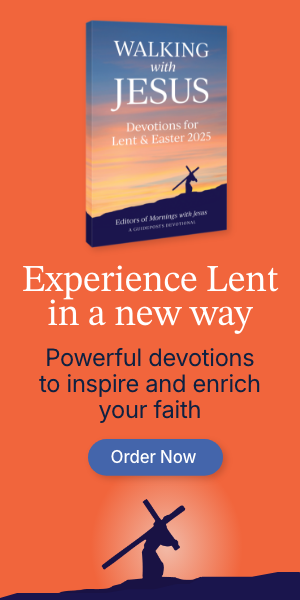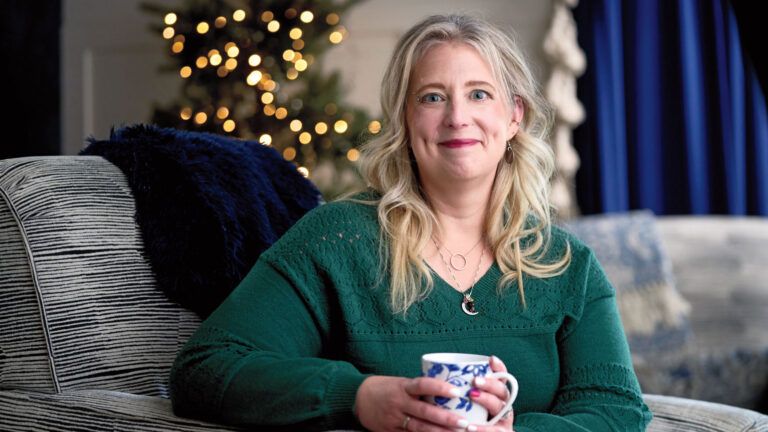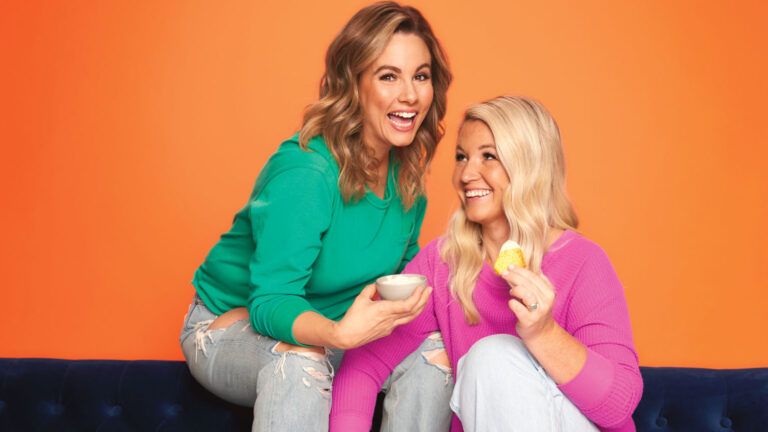The eight-day festival of Passover, which commemorates the emancipation of the Israelites from slavery in ancient Egypt, is labor intensive. Jews around the world rid our homes homes of chametz (leavened grain like wheat, barley or oats) via full on search and destroy missions. Some burn chametz in a ceremony the morning before Passover. Many only cook with special pots and utensils (ones that have never touched leavened products) for the duration of the holiday.
There’s also lots of work involved with putting together a Seder. These fifteen-step ritual feasts include eating bitter herbs, drinking four cups of wine, reciting the Haggadah…the list goes on.
Passover, and especially Seders, are normally spent with extended family and friends. It’s a chance to be together, eat and tell the Passover story. However, the spread of Covid-19 has forced Jews around the world to adapt their normal Passover traditions to accommodate quarantine and safety precautions.
“In our circle, I host,” says Debby Waldman, 59, of Edmonton, Alta. “I always wind up with too many people [in] our house.”
In the past, Waldman couldn’t accommodate all her loved ones at one Seder, but this year offers an interesting solution–gathering people via video chat. “We can have more people now on Zoom!” Sure, Waldman can’t cook for her guests (though she recently watched a cooking video stream from her Synagogue) or hide the afikoman (a piece of matzah that is eaten for dessert) for her friends’ children, but, in some ways, Zoom allows her to host the big, beautiful Seder of her dreams. “Where is the computer going to sit? It’s a guest of honor.”
Waldman isn’t the only one planning a Zoom Seder. Michael Fische, 27, in Brooklyn, NY, has two scheduled. “The first one is with my family in Argentina,” he says. “I’ve only done two Seders with that family in my entire life. We haven’t done it since I was a kid.” Though Fische’s father, uncle and aunt came up with the idea, Fische, a SiriusXM producer, will use his corporate Zoom account to host.
However, for all its touted uses, it’s disappointing not to see family and friends in person.
Ellen Scolnic, 58, in Philadelphia, PA is shifting expectations. “FaceTime is not the same,” she says. “As a mom, the best part of holidays is enticing my grown children to come home.” Celebrating the holiday alone with her husband is a somber reminder of current events.
For some, a digital reminder of social distancing was too difficult.
“I didn’t feel moved to do a Zoom Seder this year,” says Lesléa Newman, 64, of western MA. She usually co-hosts a twenty-person Seder with a friend, but now Newman is planning a “sweet Seder for two” with her and her spouse, both of whom are considered high risk if they contract Covid-19.
Strains on local supermarkets have also made it difficult for Newman to find all the usual ingredients. “I could not find a chicken anywhere,” says Newman “so I will be making a simple broth-based carrot soup and adding matzo balls to it.”
Many are making additional cooking modifications. Lauren Adilev, 52, of Efrat, Israel, has to kasher her own pots and pans. “We usually go to an outdoor area and men dip any items we want “renewed” to use on Passover into vats of boiling water,” she says. This year, Adilev has to prepare her cookware and utensils at home.
For some branches of Judaism, certain alterations, like web Seders, are not possible. Kylie Ora Lobell, 31, of Los Angeles, an Orthodox writer, says “The Rabbi I listen to says if you’re mentally unstable, you can open up Zoom before [Passover begins].” (Observant Jews usually abstain from using electricity for the first two and last two days of Passover.) “You put Pikuach Nefesh, saving a life, first.”
Lobell and her husband originally planned to visit his family in New York for Passover. However, with a five-month-old, they knew, even before California’s severe lockdown, they would need to cancel their trip. “Babies don’t have good immune systems,” Lobell says. Instead, they plan to celebrate with the three of them, plus Lobell’s brother-in-law, who lives two blocks away.
“It’s tough right now,” Lobell says. “Do what you can with Passover. Make it meaningful. Don’t do it if it’s unhealthy.”





